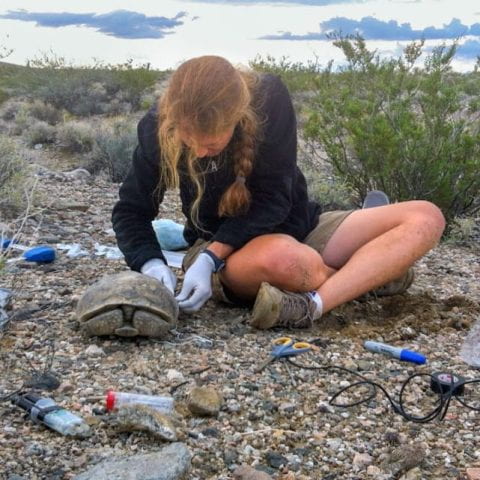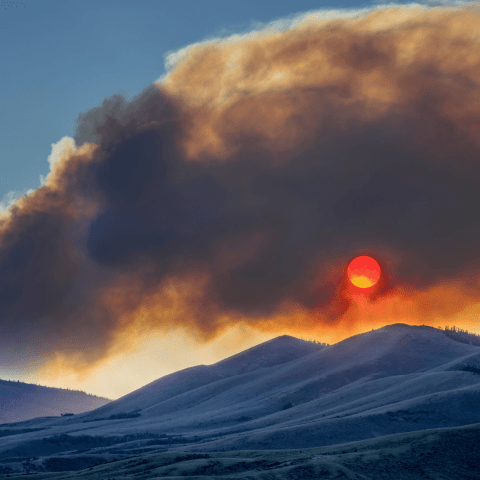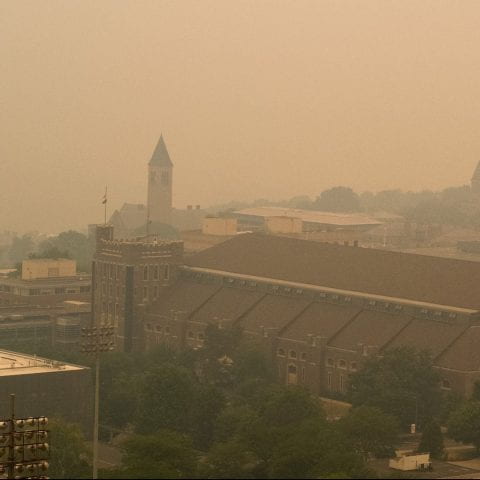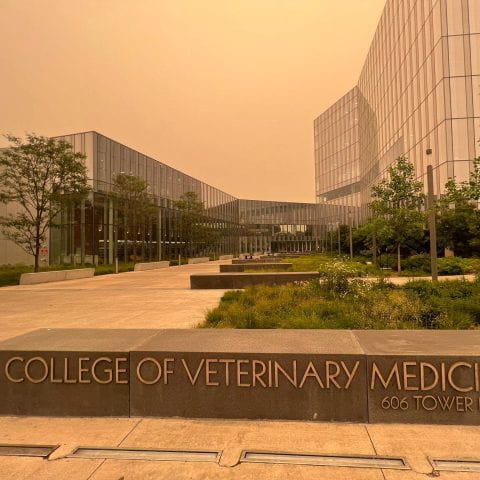Emergency Preparedness & Management
Early in the COVID-19 pandemic, the prevalence of cases was determined by how many people were testing positive every day, using PCR tests While the tests themselves are considered highly accurate, there were limitations to this method, as not everybody had the same...
A wheezing black dog drags its owner up the stairs, into a clinic awash with furry patients In one pram a chihuahua is dozing, while a golden retriever nearby circles restlessly before settling down on the tiled floor Most of the pampered pets in the waiting room at...
Cats have a special place in many people’s hearts An estimated 60 million felines are kept as pets in the United States alone Cats also occupy a distinct position in the ecological networks of companion animals, humans and peri-domestic species – wild and feral...
A new method could be used by biologists to estimate the prevalence of disease in free-ranging wildlife and help determine how many samples are needed to detect a disease This is important because wildlife agencies often lack the financial and labor resources to...
Wildfire smoke blankets swaths of the continent Heatwaves break historic records Diseases like dengue and malaria emerge and re-emerge To combat these threats, there is an urgent need to strengthen the public health workforce — and Cornell University’s Master of...
From June to October of this year, Canadian wildfires spread to the United States’s midwest and northeast regions, decreasing air quality to unhealthy levels across New York State and Tompkins County In response to the deadly wildfires, Cornell researchers and...
In reaction to the COVID pandemic, faculty of the Cornell’s Public Health Program developed an innovative online training program to help close skills gaps in the public health workforce Fifteen months and 521 participants later, the program has proven a huge...
When wildfires draped heavy smoke over much of the state this summer, nearly half of all New York counties lacked real-time information to determine air quality Now, a Cornell researcher is leading an effort to install air-quality sensors in 28 upstate counties where...
The health and economic impacts from infectious disease emergence are substantial Pathogens that are transmitted, or spill over, between animals and people are the source of most emerging infectious diseases in humans Indeed, spillovers sparked five viral pandemics...
By this point, the evidence is clear: The Covid-19 pandemic can be traced back to a bat virus The same was true for the 2003 SARS coronavirus outbreak In such outbreaks, we are unlikely to be able to determine whether the spillover happened because someone ate or...
Dr Alistair Hayden, assistant professor of practice of Public and Ecosystem Health at the Cornell University College of Veterinary Medicine, discusses the impacts of Canada's wildfires in the Ithaca region and New York state, noting how current weather patterns are...
For each person killed by wildfire flames, around 100 will die inhaling the smoke it produces Despite these alarming figures, national spending on smoke management is 600 times less than the budget allocated to fire suppression, mainly due to lack of awareness of the...











